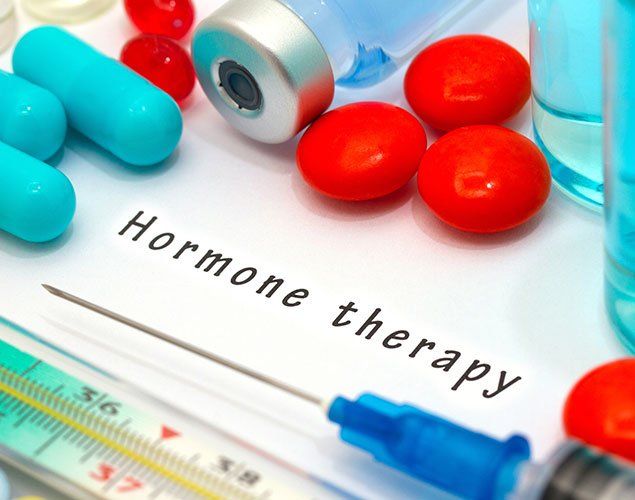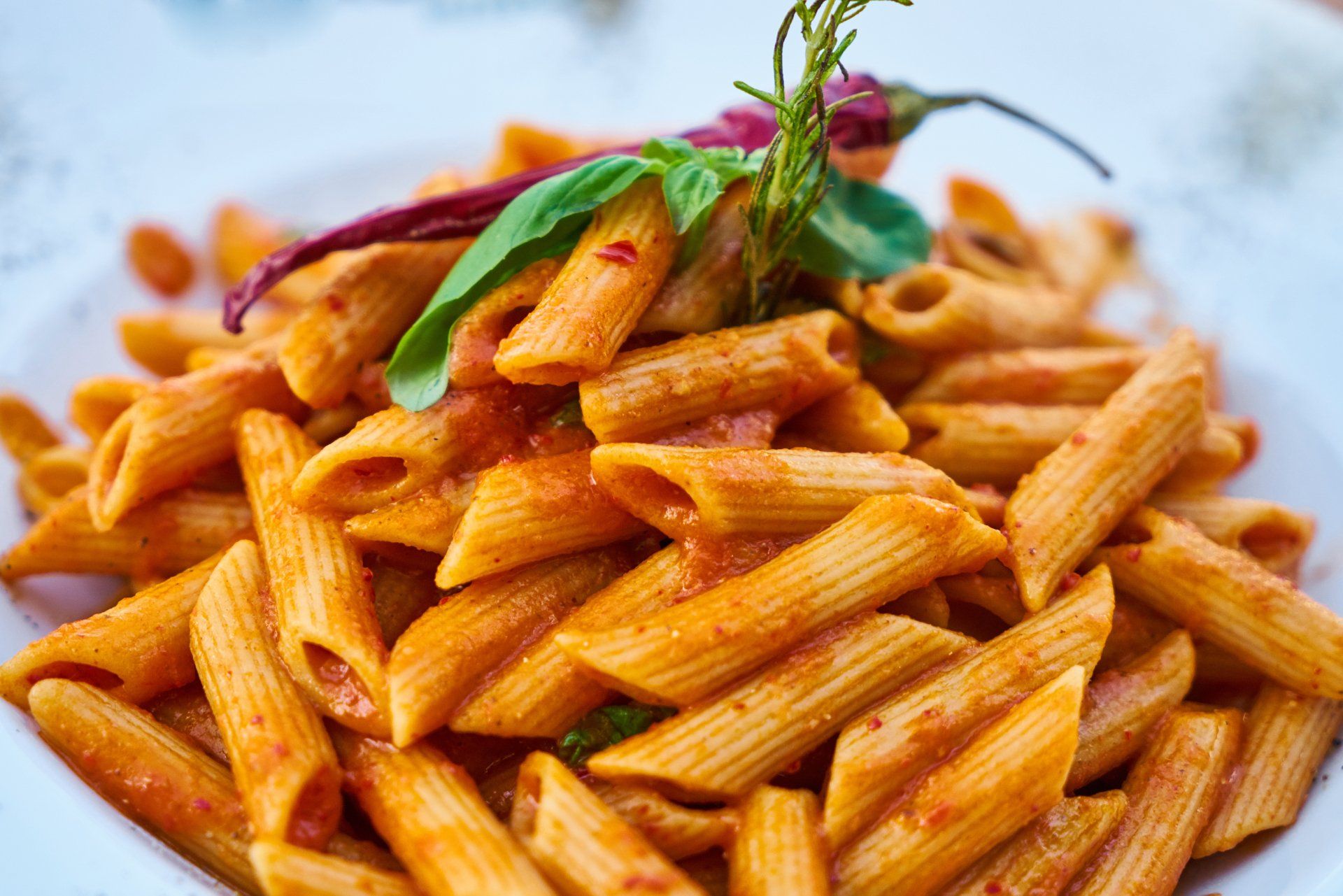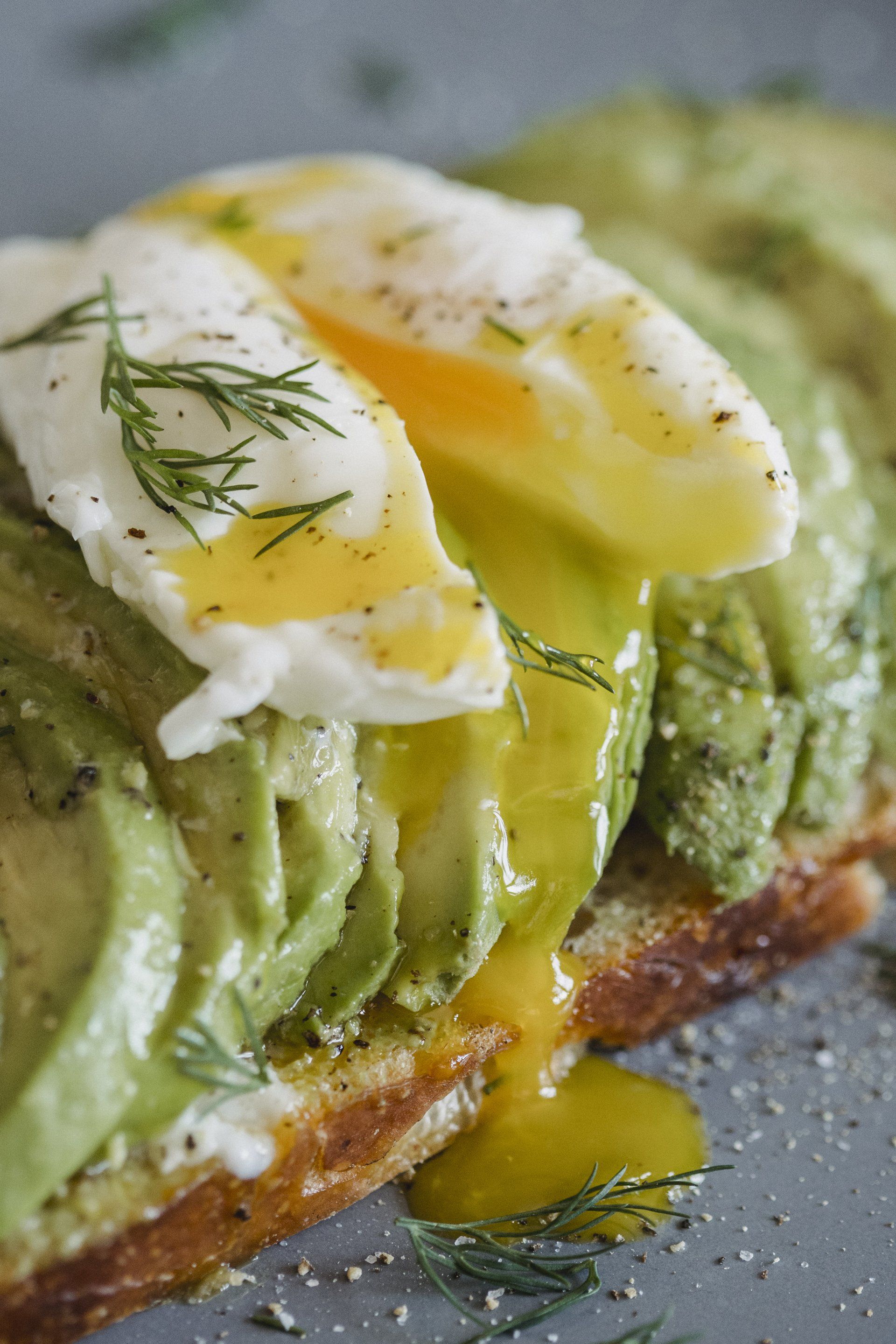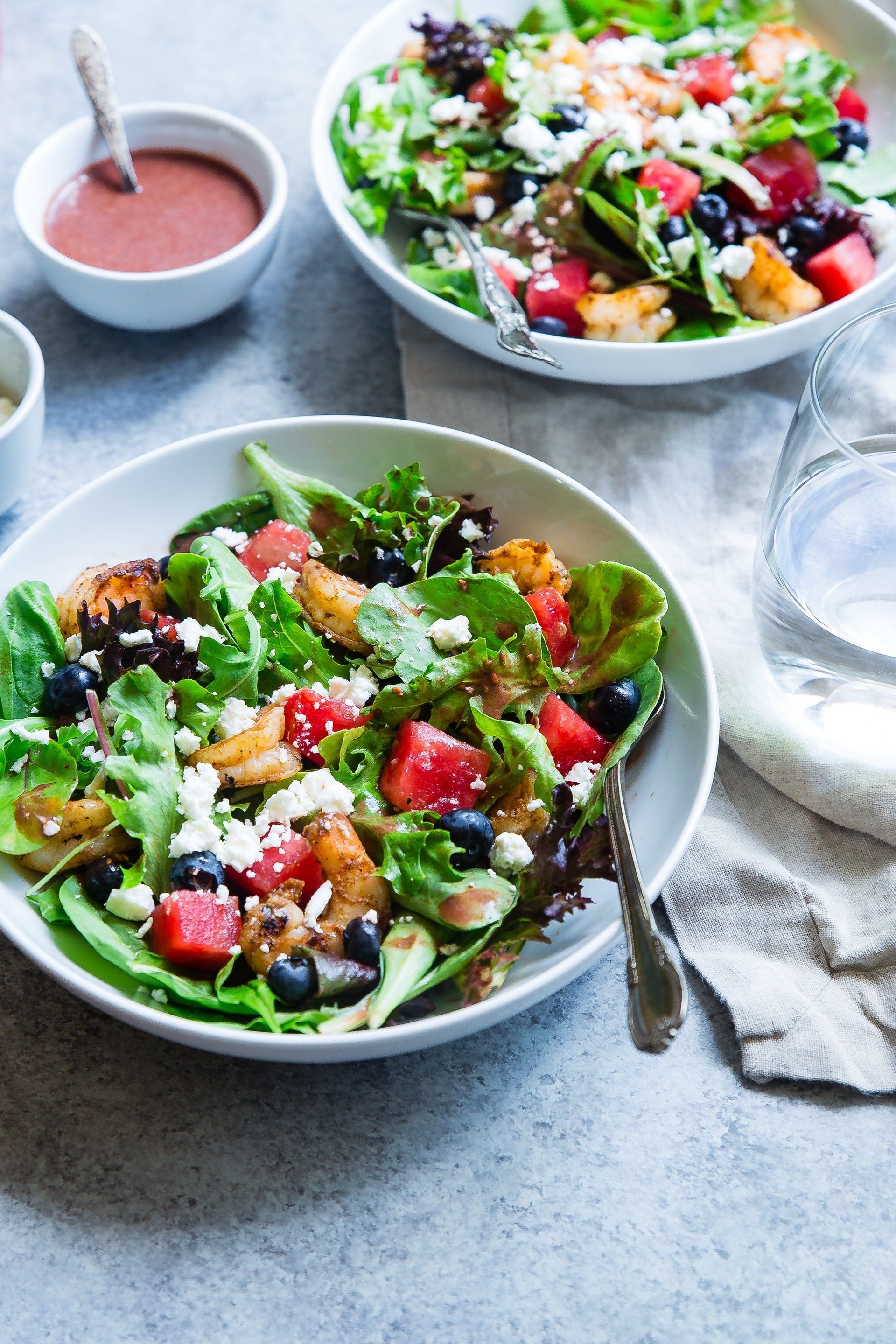Portion Sizes!
Understanding Portion Sizes
Portion sizes have been influenced throughout generations and continue to grow larger. But do you know why?
Years ago, before we were over taken by technology, family mealtimes were the most important time of the day. The mother of the house, shopped, planned and cooked feasts to fulfil the family who toiled the lands, providing enough food to sustain long hard days of manual labour. It showed appreciation and love!
Food was looked at in terms of wealth, it was a way of showing off ‘to eat like kings’ and have so much food in your belly that you would sit back after a meal, rub your overly stretched stomach with glee and promptly fall asleep contented.
But as times moved on, our family sizes continued to grow, money became harder to come by and food became a challenge. Food was first come, first served, once it was gone, it was gone! Siblings would compete to eat as much as they could as they didn’t know when their next meal was coming. Think of the times of rationing, there was no way that you would leave a single morsel on your plate. You weren’t fussy, you would eat whatever you could.
But then the confusion began. Rationing and hardship went away and we were able to be more extravagant. We were able to fill plates with what we wanted and we opted for foods that we craved and enjoyed (we will look at this further in a bit), but still there was this habit that we picked up through generations that told us not to leave food on the plate, and so we ate more. We stretched our stomachs so that more food was needed to fulfil us.
Restaurants and food retailers picked up on this trend and began up-selling. I was a bit peckish and fancied a sandwich and now I am being told that I can get a fizzy drink, crisps and a chocolate bar as a meal deal at a bargain price … and who can turn down a bargain? Restaurants offer a menu, but the waitress will always ask if you want bread to start or any sides to go with that meal … and have you seen the size of the plates?!
So, we need to understand why we do this …
Dopamine is an important hormone and chemical transmitter in the brain and body. It releases happy hormones and is important in reward-motivated behaviour, therefore being a big contributary factor in helping to create habits. Foods such as chocolate and dairy products result in a dopamine response making us want more and inducing cravings.
However, physical activity also induces dopamine, it gives us that happy feeling after we have exercised so it is not all negative, we can crave what is good for us also.
Creating fat cells is something many of us try to avoid. However, by eating larger portions, that is exactly what we are doing, stretching our stomachs so that we can consume more and we are not utilising the calories that we are eating. These fat cells all call to the brain to be fed, therefore the more fat cells that we have, the more food we need to eat before we can feel full. Therefore, when you see someone that is overweight eating large portions, this is often because they need too! The good news is, these fat cells can shrink, we just need to stop feeding them. But importantly, when looking at your nutrition, this is not about starving ourselves, it is about listening to our bodies, eating the correct foods that we need to fuel ourselves, reducing excessive portion sizes but often by eating at regular intervals and retraining our brains.
I agree, when we are hungry, eating a carrot stick is not going to do it for us, however, a chocolate bar or a piece of cheese will. There is a reason for this, the fat within these foods coats our tongue and our palette leaving a longer lasting enjoyment. Therefore when we are looking at our nutrition, we are often looking at eating more food, getting that longer lasting feel, but eating the right foods, with the right amount of macronutrients that we can utilise by our body and eating less saturated fat which smothers our organs and accumulates around our stomach and hips and leads to significant health related conditions.
To lose weight:
You must expend (burn) more calories than you eat.
Nb. You burn calories just by breathing, your organs going about their daily routine to keep you alive (known as your basal metabolic rate) so you need to have your starting point of understanding what your own individual daily calorie burn is before you add on calories burnt through physical activity.
To gain weight:
You must eat more calories than you burn
Nb. The same basal metabolic rate understanding applies here, and it is important to know your goal. If you are wanting to gain muscle mass and not just increase body weight, you still don’t want to be eating saturated fats, so you will need to consult your own individualised plan for the increased levels of macronutrients.
Tips:
- If you are reducing portion sizes, it is handier to use a smaller size plate as it tricks your mind in to feeling that you have fulfilled your taught habits to clear your plate.
- Measure your portions. Never stop using your measuring guidelines as you will eventually start increasing your portion sizes without realising it.
- Snacking is not a bad thing, your body needs it! Just choose healthier low fat snacks.
- Meal prep – this is key! There is nothing worse than feeling hungry and having nothing healthy to go to and instead reaching for the biscuit jar.
- It is not necessary to restrict your whole family. However, teaching your family and children to choose healthy option is always a good thing, re-create their habits so that they can also live a healthier life. However, life is always going to be filled with temptation, having food for others in the house means that you just need to learn quicker how to overcome your cravings!



